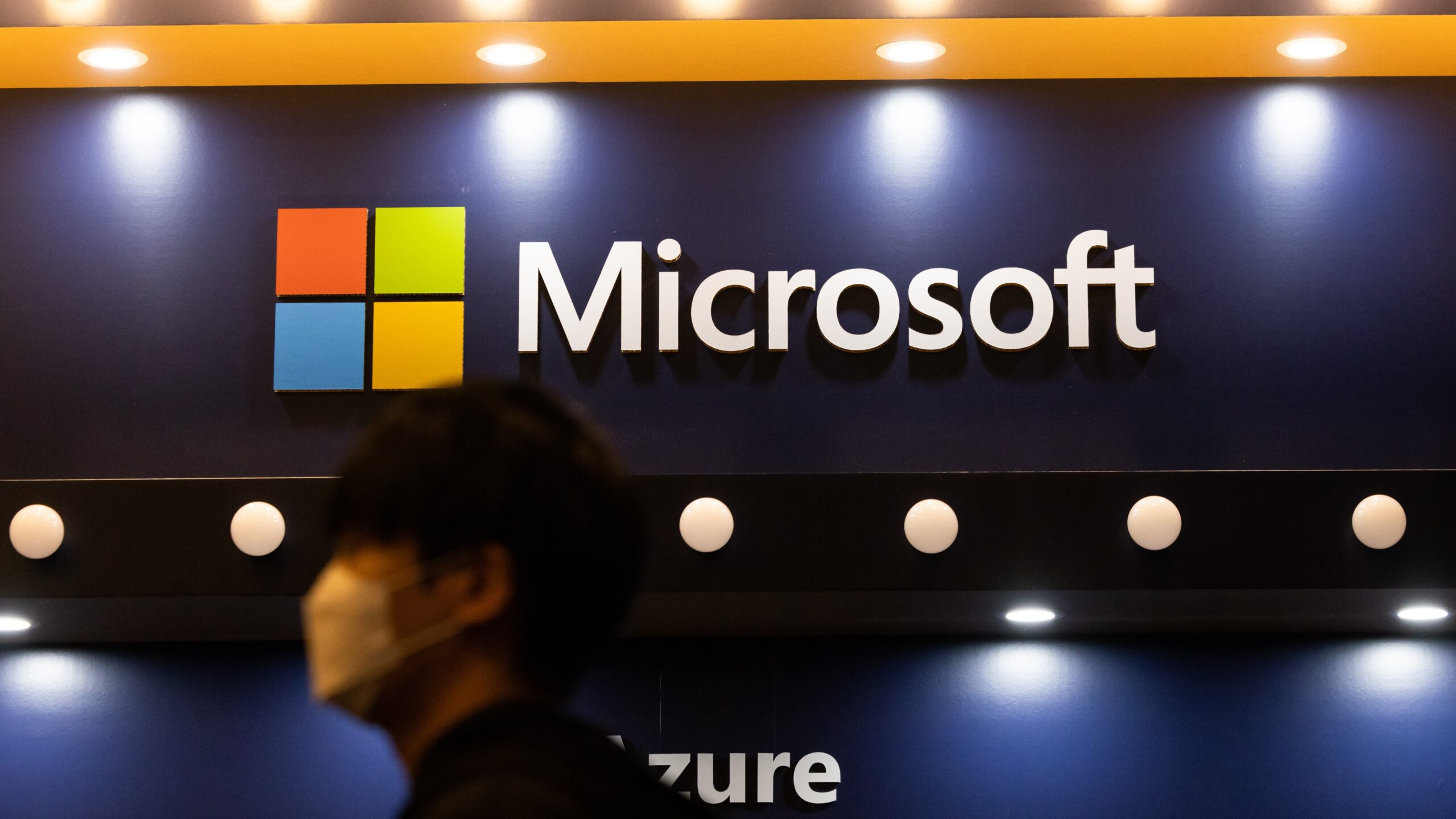And just like that, our shared 21-month slog is over. Long live our new, possibly lifelong slog. In a press release today, titled “Microsoft concession a gamechanger that will promote competition,” the UK’s Competition and Market Authority (CMA) has announced that it’s approving Microsoft’s $69 billion acquisition of Activision Blizzard, reversing its April decision to block the deal and clearing the way for the deal to close in the very near future.
Back in April, the CMA’s decision to block the deal revolved around concerns that the acquisition would hand Microsoft too much control over the cloud gaming sector, which the CMA reckons will become an increasingly big deal in the years to come.
But that’s all water under the bridge now. In its statement, the CMA said that Microsoft’s concession on the cloud gaming front—licensing out the cloud streaming rights for Activision games to Ubisoft—”will stop Microsoft from locking up competition in cloud gaming as this market takes off” and “allow Ubisoft to offer Activision’s content under any business model, including through multigame subscription services.” The CMA also says that the new offer from Microsoft will prevent cloud gaming from getting locked up behind Windows PCs.
Of all the national regulators who examined the Microsoft/Activision deal, the CMA was the only one to issue a rejection (although the US Federal Trade Commission had a damn good try at stopping it from closing, and has reopened its administrative case against the merger even if it can’t prevent that closure). That decision earned it quite a lot of heat from politicians and executives both.
Activision boss Bobby Kotick accused the CMA of lacking “independent thought” and foretold economic doom for the UK if the body didn’t reverse its deal; Microsoft head honcho Brad Smith called it the company’s “darkest day” in its four decades in Britain; and even UK chancellor of the exchequer (think treasury secretary, US readers) Jeremy Hunt stuck his oar in to remind the body of its “wider responsibilities for economic growth.”
The CMA is, of course, meant to be an independent economic regulator, free of political interference and above that kind of sniping, but a lot of the agency’s statements read like responses to the pressure it faced in the wake of blocking the deal. CMA chief exec Sarah Cardell says in the release that the body “delivered a clear message to Microsoft that the deal would be blocked unless they comprehensively addressed our concerns and stuck to our guns on that.” She goes on to say that “this intervention will ensure people get more competitive prices, better services and more choice. We are the only competition agency globally to have delivered this outcome.”
Cardell gets even more direct, in fact, concluding with a statement that “the tactics employed by Microsoft are no way to engage with the CMA,” adding that Microsoft elected to continue insisting “on a package of measures that we told them simply wouldn’t work” in a way that dragged out proceedings and wasted “time and money.”
But recriminations aside, Microsoft and Activision have gotten what they wanted, and the road now seems clear of obstacles to the merger’s closure in the next few days (if not sooner). Unless the in-house administrative case at the FTC succeeds—which would mean Microsoft and Activision would then have to unmerge themselves after the deal’s closure, a prospect that seems unlikely—the corporations’ nearly two-year journey is nearing its end. Welcome to a brave new world.











